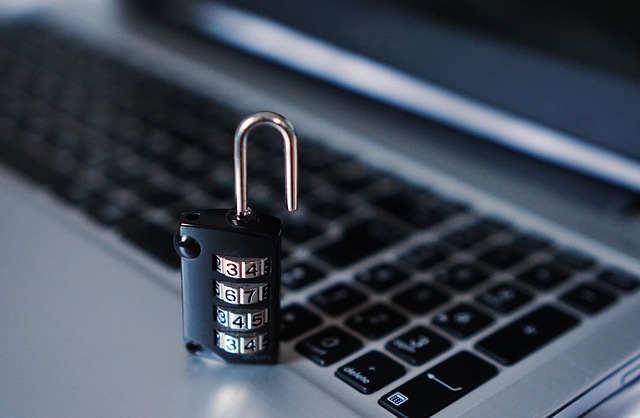Group-IB has released a new report on Cobalt group’s attacks against banks and financial sector organizations worldwide after the arrest of its leader.
Threat intelligence firm Group-IB published an interesting report titiled “Cobalt: Evolution and Joint Operations” on the joint operations of Cobalt and Anunak(Carbanak) groups after the arrest of the leader in March 2018.
Researchers reported that the most recent campaign associated with Cobalt group is dated May 23, 2018 and aimed at banks in Russia and CIS countries.
The analysis of the content of the spear phishing messages suggest attackers are also targeting western financial organizations.
Interestingly, the spear-phishing messages sent by the hackers were disguised as fake Kaspersky security alerts.
“The first wave of the phishing campaign was tracked on May 23 at 13:21 Moscow time. For the first time in Cobalt’s practice, phishing emails were sent acting as a major anti-virus vendor.” reads the press release issued by Group-IB.
“The user received a “complaint” in English that activity was recorded from their computer that violated existing legislation. The recipient was asked to read the attached letter and provide detailed explanations. If the response was not received within 48 hours, the “anti-virus company” threatened to impose sanctions on the recipient’s web resources. In order to download the letter, the user was asked to follow the link, which would then infect the Bank employee’s computer.”
Group-IB attributed the attack to Cobalt due to the involvement of Coblnt Trojan, a malware exclusively observed in campaigns of the threat actor.
The phishing emails were sent the domain “kaspersky-corporate.comthat was registered by the same person that registered other domains used by the Cobalt group for its campaigns.
Experts highlighted the high quality of phishing messages, the text in perfect English and it is stylized as a “legal complaint”, while the fake website kaspersky-corporate.com also has a high level of quality. This quality suggests a possible collaboration of Cobalt with other criminal gangs like Anunak.
The report also analyzed past the attacks aimed at SWIFT system, researchers concluded that the advanced understanding of banking technology and money laundering capabilities was the result of a collaboration with other threat actors.
“Following the 2016 SWIFT incidents, attacks involving interbank transfer systems ceased and Cobalt switched focus to other critical systems in banks such as ATMs. This was followed by Card Processing attacks which provide a safer withdraw process for Money Mules.” continues the report.
“Cobalt’s first major attack was against First Bank in Taiwan where attackers managed to steal over $2 million dollars. Following this, Cobalt was then successful in targeting the card processing systems at a bank in Kazakhstan taking over two months to prepare their attack and successfully steal $600,000 through card processing. These attacks were then perfected and intensified in 2017 across tens of incidents.”
The Cobalt group has also conducted ‘supply chain’ attacks like the one powered in February 2017 against a system integrator to later hit organizations in Russia and former CIS countries. In 2017 Cobalt infiltrated at least other four system integrators.
Cobalt’s attacks also hit non-typical targets like the one that in March 2017 hit a company providing electronic wallets and payment terminals.
The group always modified its tools across the years, it also used a modified version of Petya Ransomware to erase evidence of the attack after a failed attempt to steal from their ATM systems.
“Cobalt is still active: its members continue attacks on financial organizations and other companies worldwide,” comments Dmitry Volkov, Group-IB CTO. “We have technical proof of collaboration between Cobalt and Carbanak. In order to enable business and market regulators to take preventative measures against these criminals, we provide our customers indicators to protect them from phishing, identify the infrastructure and methods still used by these criminals.”


